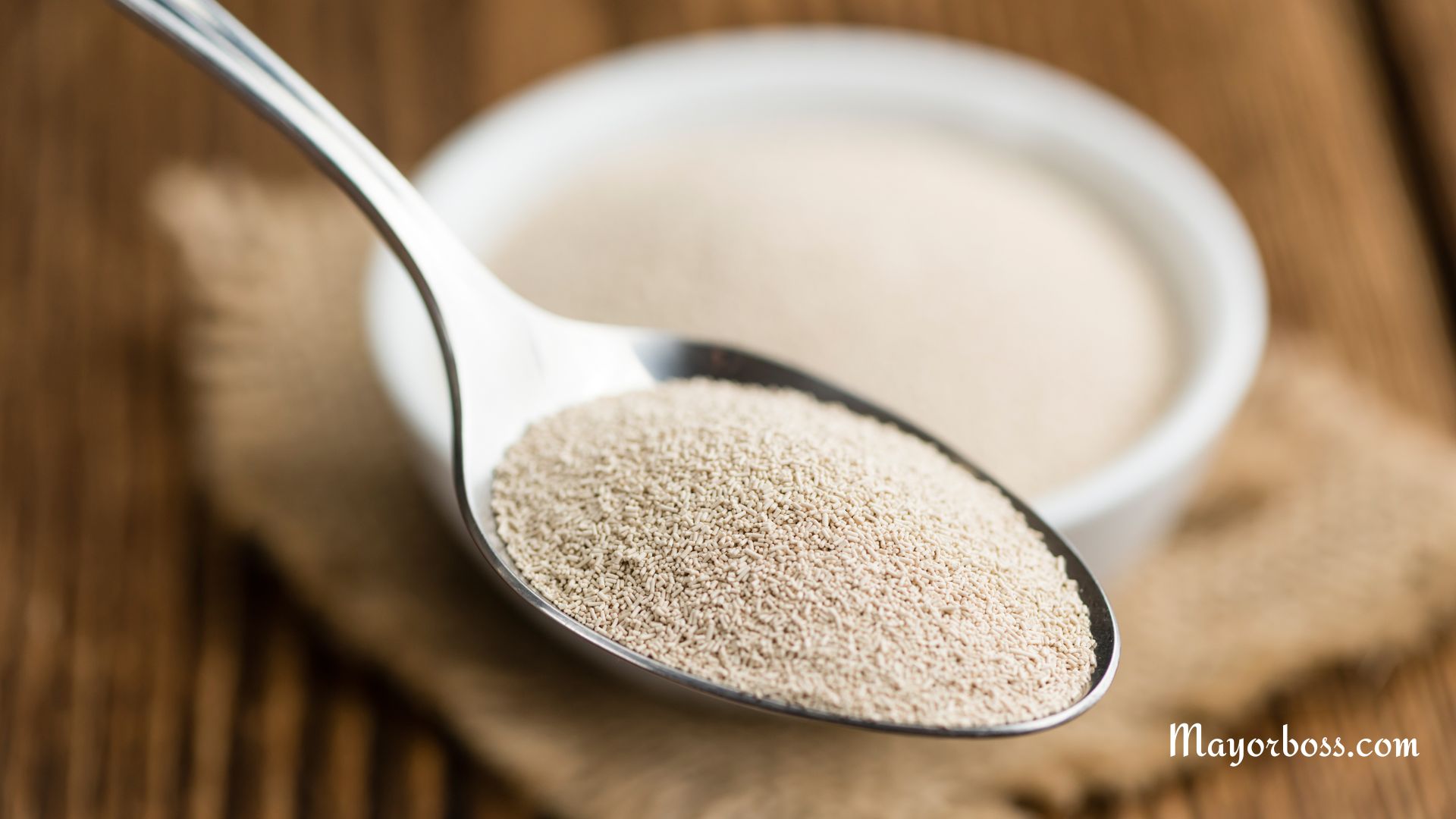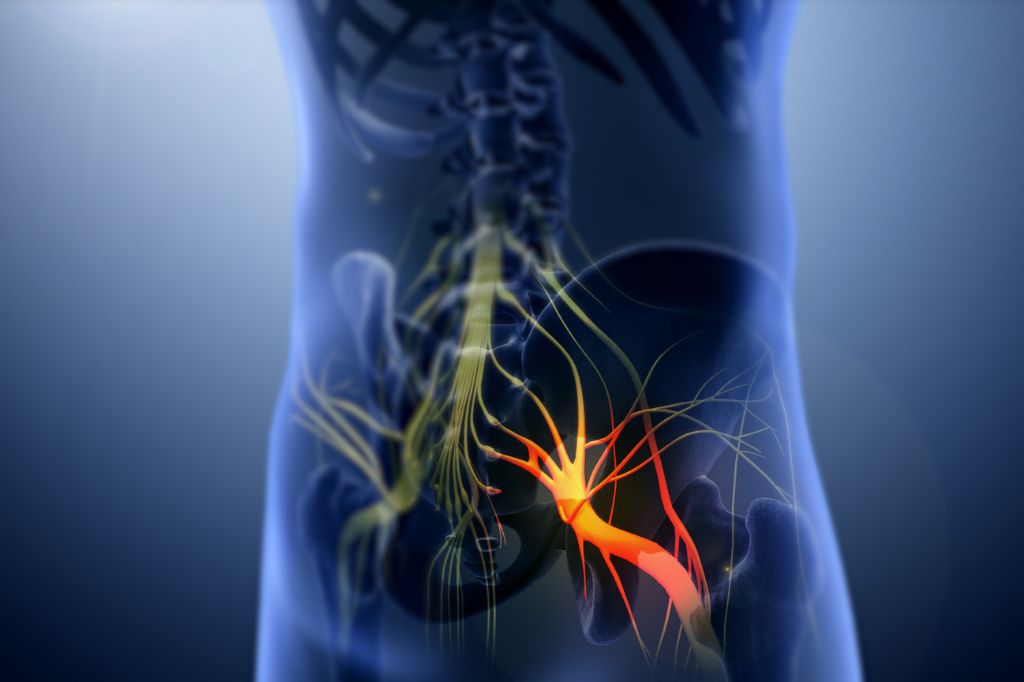What Is Yeast?
Yeast, a term you might often hear in the context of baking bread or brewing beer, is actually a fascinating and versatile organism. It’s much more than just an ingredient in your kitchen. Yeast is a type of fungus. Now, when you think of fungus, you might think of mushrooms, but yeast is quite different. It’s microscopic, meaning you can’t see individual yeast cells with your naked eye.

The Science Behind Yeast
Each yeast cell is a single-celled organism. The most common type of yeast in baking and brewing is Saccharomyces cerevisiae. This might sound like a mouthful, but it’s a friendly little microbe that plays a huge role in the food and beverage industries.
Yeast in Action: Baking and Brewing
How Yeast Works in Baking
When you bake bread, yeast is what makes the dough rise. Here’s how it works: Yeast cells eat the sugars in flour, and as they digest these sugars, they produce carbon dioxide and alcohol. In bread dough, this carbon dioxide gets trapped in tiny pockets, causing the dough to expand and rise. That’s why your bread gets fluffy and light.
Yeast in Brewing
In brewing beer or making wine, yeast has a different job. It still eats sugars, but this time, the focus is on the alcohol it produces. The yeast ferments the sugars present in the grains (for beer) or grapes (for wine), converting them into alcohol and carbon dioxide. This is what gives alcoholic beverages their alcohol content and some of their flavor characteristics.
Types of Yeast
There are a few different types of yeast that you might encounter:
- Active Dry Yeast: This is the kind you’ll find in most grocery stores. It’s used in baking and needs to be dissolved in water before use.
- Instant Yeast: Also used in baking, this yeast doesn’t need to be dissolved in water first. You can mix it right into your dry ingredients.
- Nutritional Yeast: This is a deactivated yeast, meaning it doesn’t cause fermentation. It’s often used as a dietary supplement or a flavor enhancer, especially in vegan cooking, for its cheesy, nutty flavor.
- Brewer’s Yeast: Another deactivated form, this is used in the production of beer and wine. It’s also taken as a nutritional supplement.
Health and Nutrition
Nutritional Benefits
Yeast is also known for its nutritional value. It’s a good source of B vitamins, which are important for various body functions. Some types of yeast, like nutritional yeast, are popular as dietary supplements or flavor enhancers in vegetarian and vegan diets.
Probiotic Potential
There’s also interest in the potential probiotic properties of certain kinds of yeast. Probiotics are beneficial for gut health, and while bacteria are the more common probiotics, some yeasts can play a similar role.
Why Yeast Is Important
Yeast isn’t just about food and drink. It’s used in science and medicine, too. Scientists use yeast in research because it’s easy to grow and study, and it shares many genetic features with higher organisms, including humans. This makes it incredibly valuable for understanding cellular processes and diseases.
The Dark Side: Yeast Infections
On the flip side, not all yeasts are beneficial. For example, Candida species can cause infections, especially in people with weakened immune systems. These can range from minor issues like oral thrush to more severe systemic infections.
In Conclusion
So, yeast is a tiny organism with a huge impact. From rising bread to brewing beer, contributing to nutrition, and advancing scientific research, it’s a multifaceted fungus that plays a crucial role in many aspects of our lives. Whether in the kitchen or the laboratory, yeast is indeed a marvel of nature.






